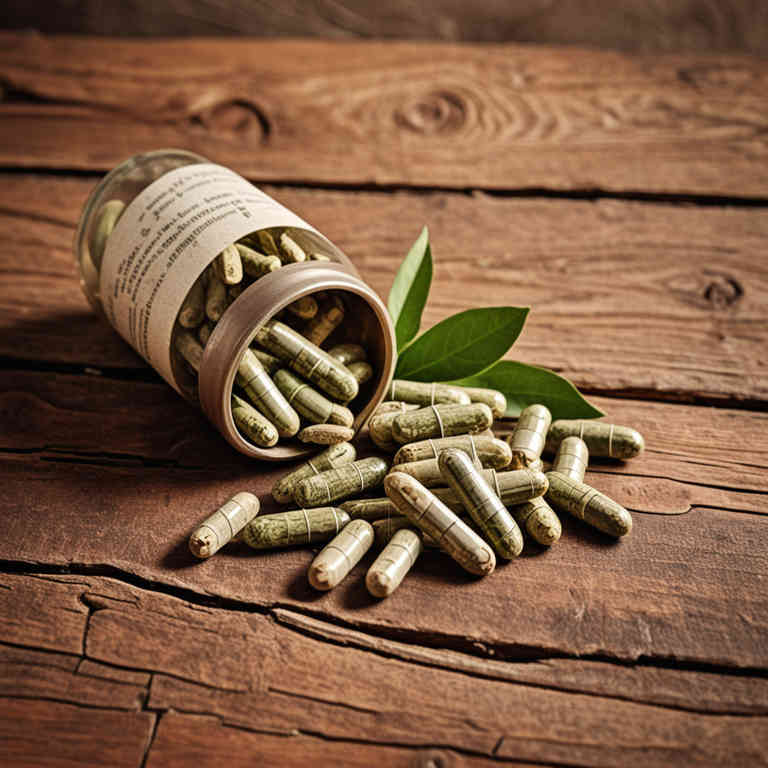Phyllanthus niruri capsule for medicinal use

Phyllanthus niruri capsule is an herbal supplement derived from the plant Phyllanthus niruri, commonly known as stonebreaker or ecballium.
This preparation is traditionally used in herbal medicine to support liver health and aid in the treatment of urinary tract infections. It is also believed to have anti-inflammatory and antioxidant properties. In some cultures, it is used to promote kidney function and may be part of traditional remedies for detoxification.
Its use in herbalism often involves combining it with other herbs to enhance its therapeutic effects.
Uses
Phyllanthus niruri capsule has been used to support liver health and detoxification for centuries, particularly in traditional medicine systems such as Ayurveda and Chinese medicine.
Historically, it was valued for its ability to promote urinary health and treat conditions like kidney stones and urinary tract infections. In modern times, it is commonly used as a supplement to aid in liver function and may help in managing hepatitis B due to its antiviral properties. Scientific research has also explored its potential in reducing oxidative stress and supporting metabolic health.
Overall, Phyllanthus niruri remains a significant herbal preparation with a rich history and ongoing relevance in both traditional and contemporary wellness practices.
Benefits
Phyllanthus niruri capsule has health benefits such as supporting liver function, promoting detoxification, and potentially aiding in the management of liver disorders.
It is traditionally used in herbal medicine for its antioxidant and anti-inflammatory properties. The capsule may also help in reducing oxidative stress and supporting overall metabolic health. Some studies suggest it may have antiviral effects, particularly against hepatitis B.
Overall, Phyllanthus niruri capsule is valued for its potential role in maintaining liver health and supporting the body's natural detoxification processes.
Constituents
Phyllanthus niruri capsule active constituents include flavonoids, saponins, alkaloids, and phytosterols.
These compounds are known to support liver health and may help in the management of liver disorders. The flavonoids contribute to antioxidant properties, while saponins may aid in detoxification processes. Alkaloids in the preparation are believed to have anti-inflammatory and antimicrobial effects.
Phytosterols are thought to assist in reducing cholesterol levels and promoting overall cardiovascular health.
Preparation
To make Phyllanthus niruri capsule, first gather fresh or dried Phyllanthus niruri leaves and clean them thoroughly.
Next, grind the leaves into a fine powder using a blender or mortar and pestle. Then, mix the powder with a binding agent such as rice flour or cornstarch to form a cohesive mixture. Shape the mixture into small pellets or capsules using a capsule-making machine or by hand.
Finally, allow the capsules to dry completely in a cool, dry place before storing them in an airtight container.
Side Effects
Phyllanthus niruri capsule may lead to gastrointestinal discomfort, including nausea, vomiting, and diarrhea, especially when taken in high doses.
It can also cause allergic reactions in individuals sensitive to the plant's compounds. Long-term use might interfere with kidney function, particularly in people with pre-existing renal issues. Some studies suggest it may affect liver enzymes, though more research is needed to confirm these effects.
It is important to consult a healthcare provider before using this preparation, especially if you are on other medications or have underlying health conditions.